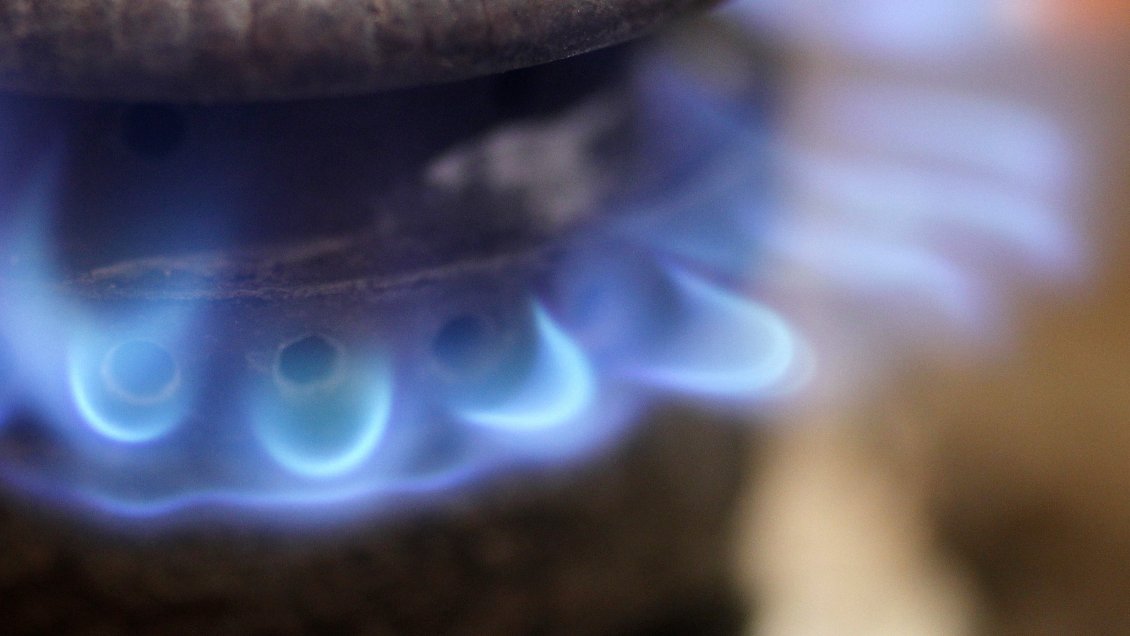- The new law means that heating systems, kitchens or hot water tanks will have to run on electricity obtained from clean energy.
- Residents of homes that still use gas will not be required to switch unless they change residence.
The New York City Council approved this Wednesday to ban the use of natural gas in most new buildings , a measure approved to combat the effects of greenhouse gas and climate change.
The ban will begin to apply at the end of 2023 for buildings of less than seven floors and in 2027 for the highest ones, and hospitals, commercial kitchens or laundries will be exempted .
The law must still be signed by Mayor Bill de Blasio , which does not represent any obstacle because De Blasio already congratulated on Twitter for the measure: ” New York has made history : this is how you invest in a sustainable future, protect public health and the era of fossil fuels is over, “he wrote.
NYC just made history by banning gas usage in new buildings! THIS is how you invest in a sustainable future, protect public health, create good paying jobs and END the era of fossil fuels. Thank you to the @NYCCouncil for getting this done.
If our city can do it, any city can.— Mayor Eric Adams (@NYCMayor) December 15, 2021
The new law means that heating systems, kitchens or hot water tanks will have to run on electricity obtained from clean energy , although residents in homes that still use gas will not be required to make the change unless they change residence.
In the national consumption of natural gas, the state of New York happens to be one of the largest consumers (the sixth in the nation), and the generation of electricity in the state comes mainly from natural gas , ahead of nuclear energy and hydroelectric, according to data from the Energy Administration.
The economic information chain CNBC points out that homes are currently responsible for 70 percent of greenhouse gas emissions , so the ban approved today can reverse the pollution figures in the largest American city to eliminate 2.1 million tons of carbon by 2040.

